Dehydration is a popular method of preserving food. You can make everything from fruit leather to jerky without much difficulty.
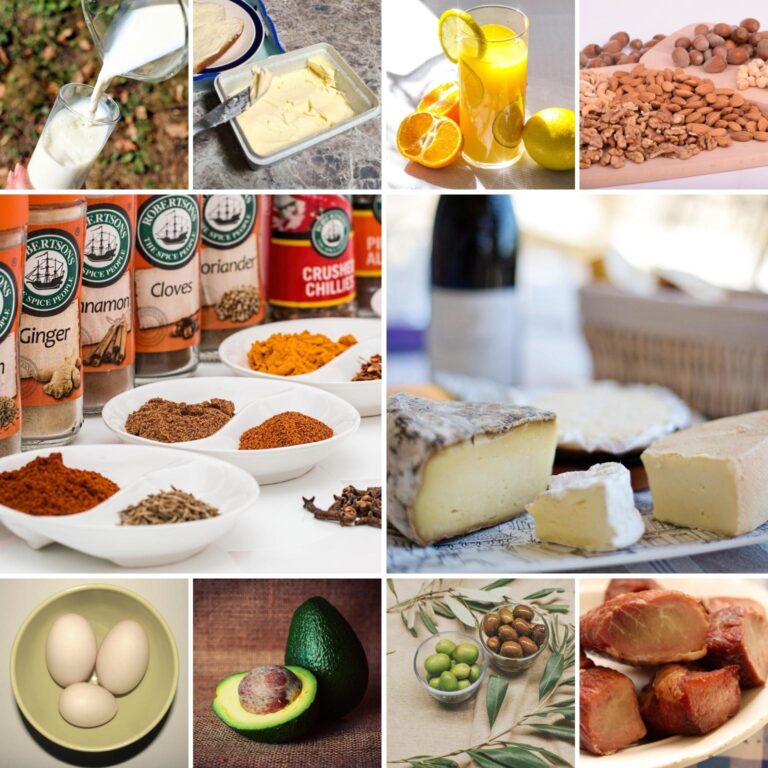
There are many foods that you can dehydrate for an easy treat, but you should always know what you’re getting into with dehydration. Not all foods are good for dehydration and that’s something that you should know about.
Dehydrating the wrong food(s) isn’t something that you’ll do on purpose, sometimes you just make mistakes – you’re human.
Unfortunately, dehydrating the wrong stuff can and will cause very serious health problems; this is why it’s important to know what is and isn’t safe to dehydrate.
With that in mind, which foods should never be dehydrated?
Why You Shouldn’t Dehydrate Certain Foods
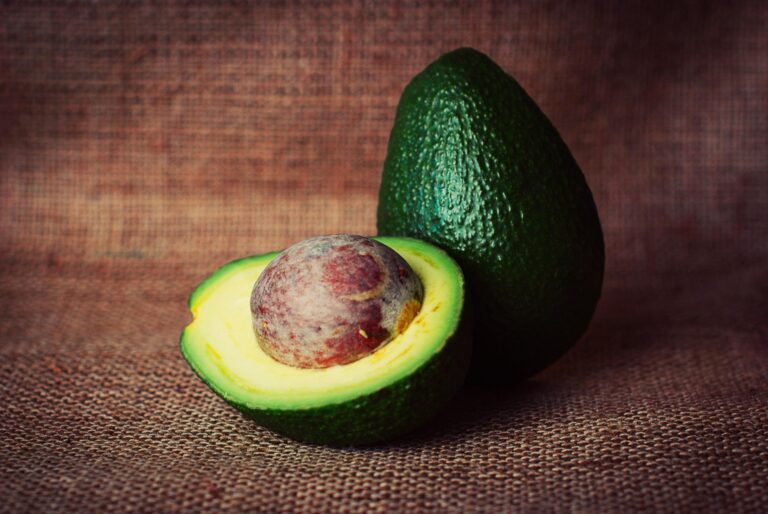
1. Avocadoes
While dehydration is a great way to improve flavor and extend the shelf life of some foods, there are also foods that you shouldn’t dehydrate.
Foods that have high-fat content (i.e. fatty meats, dairy products, etc.) don’t dehydrate well and tend to spoil much faster – in some cases before they’ve even begun to dehydrate.
This can lead to serious health risks including botulism, salmonella, and other nasty forms of food poisoning which can do a lot of serious damage to your body.
Additionally, you’re taking all the nutrients out of the food thereby rendering it pretty much useless and the food itself is probably going to taste awful!
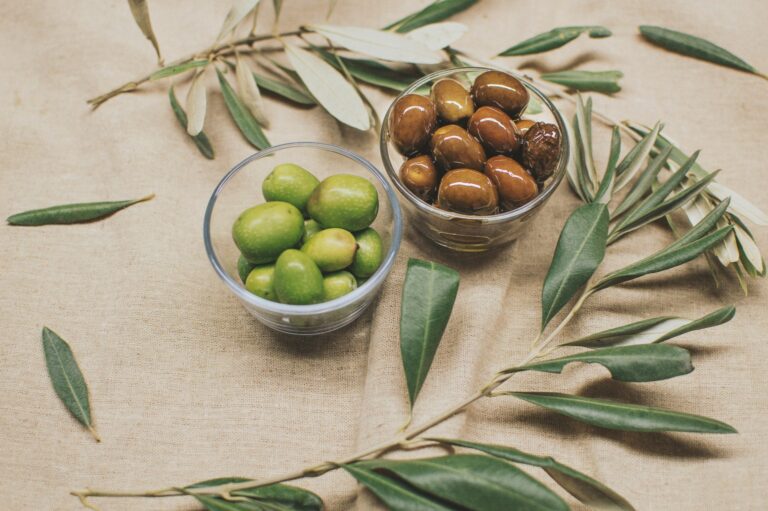
2. Olives
Like avocados, olives can be dehydrated but they become a yucky mush. It’s probably not going to hurt you but it’s gross just the same. They don’t dehydrate well, and in the end, it’s just going to be more of a nuisance.

3. Liquids
Why? That’s all I have to ask about this one: why would you want to do this? I don’t even know if you can dehydrate a liquid, but this is a common question.
Now, I have heard of people dehydrating carbonated drinks, but apparently, it’s extremely messy and the results aren’t really worth the effort. Once again, I have to ask, why?
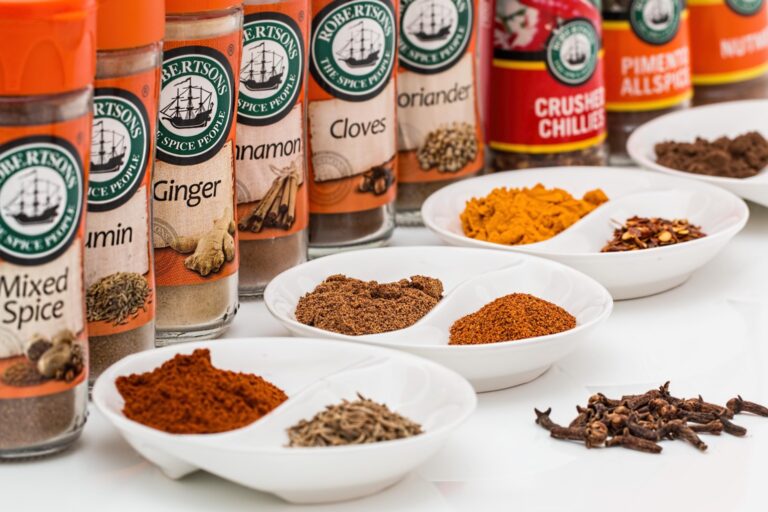
4. Condiments
Sauces and other condiments typically have a variety of preservatives and chemicals which makes them difficult to dehydrate safely.
These chemicals can throw off the taste of your food. Much like with liquids, I can’t understand why you’d do this, just stick it in your refrigerator or a cool, dry place where it won’t spoil easily.
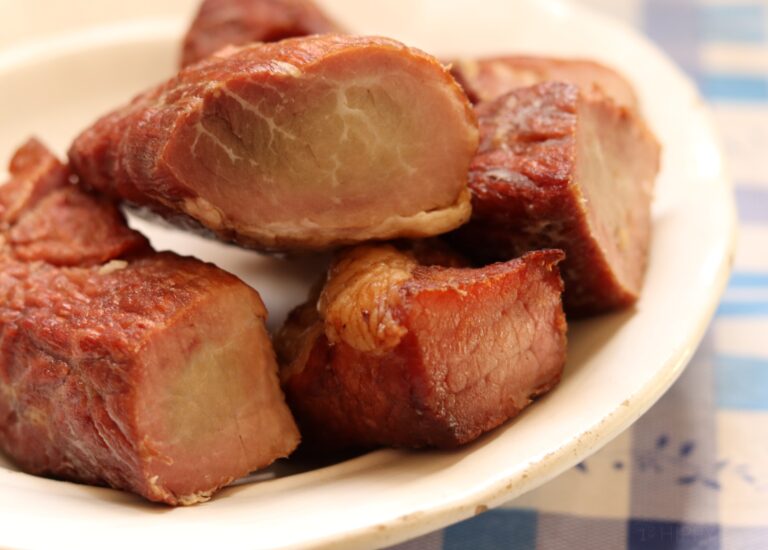
5. Fatty Meats
Meats with a high-fat content don’t dehydrate well. The fat/marbling can take time to dehydrate properly and more often than not the meat goes rancid.
The dehydration process uses heat and air to remove the moisture from food.
The air and heat move from the outside in, which means that if you’ve got a lot of fat on your meat, that’s going to have to dehydrate before the rest of the meat. This can take a very long time, and the meat often goes bad before it’s done.
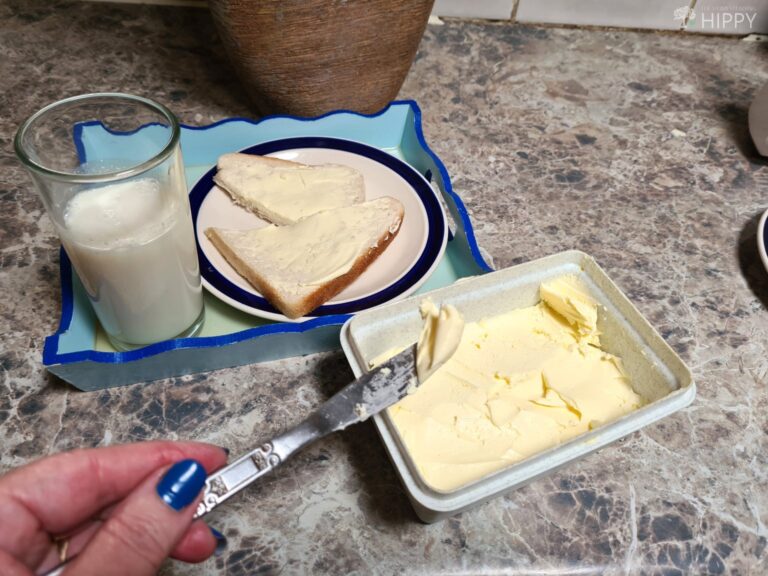
6. Butter
I don’t know why you’d dehydrate butter in the first place, but you really shouldn’t be doing it. It tastes disgusting and takes forever to dehydrate since it’s mostly fat.
Dehydrating butter also puts you at risk of nasty health risks like botulism. The bottom line is it’s a bad idea, don’t do it.
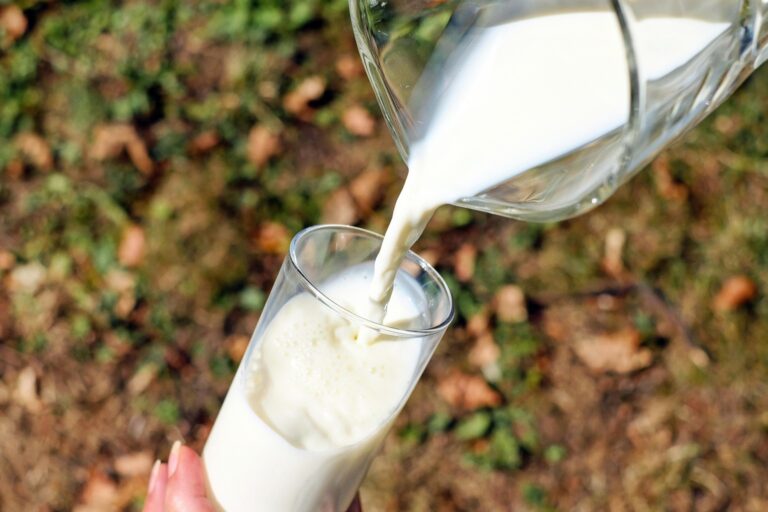
7. Milk
This is just silly, yes, you get powdered/dehydrated milk, but dehydrating milk at home is pointless. The dehydration process removes the fat and nutrients from the milk and puts you at risk of infection/illness from bacteria grown during the process.

8. Eggs
As weird as this one is, you really shouldn’t try to dehydrate eggs. It makes using them later difficult and, in the end, it’s probably not worth the effort.
There are dehydrated egg products available at grocery stores, but home dehydrators cannot duplicate the dehydration process used to make these products.
They don’t reach the same high temperatures and so the safety of home-dehydrated egg products isn’t guaranteed.
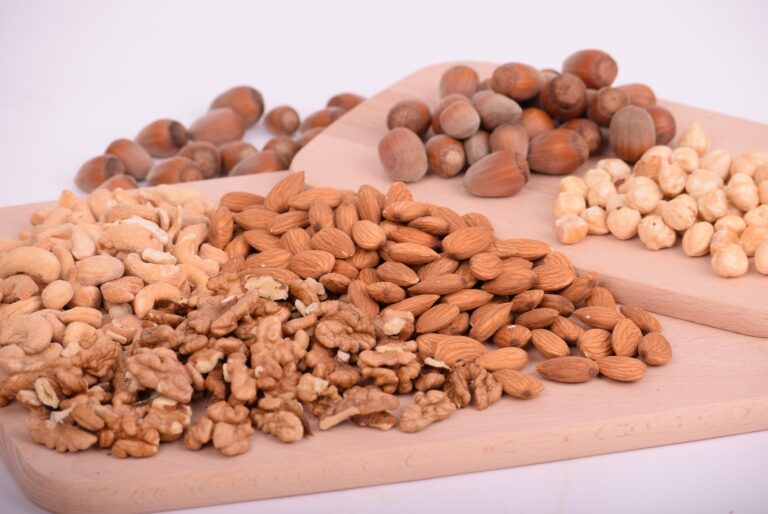
9. Nuts
First off, nuts have a generally short shelf life. The dehydration process removes most of the nutrients and flavor of the nuts.
This leaves them tasting gross and generally unappetizing. They also tend to go rancid long before they’ve dehydrated properly.

10. Cheese
Cheese is a disaster to dehydrate, it takes forever to do and it goes rancid very quickly and easily due to the high-fat content.
This is why it’s not something that’s recommended – you’re actually advised against dehydrating cheese.
Apart from going rancid quickly and taking forever and a day to dehydrate properly, there’s a high risk of food poisoning to consider.
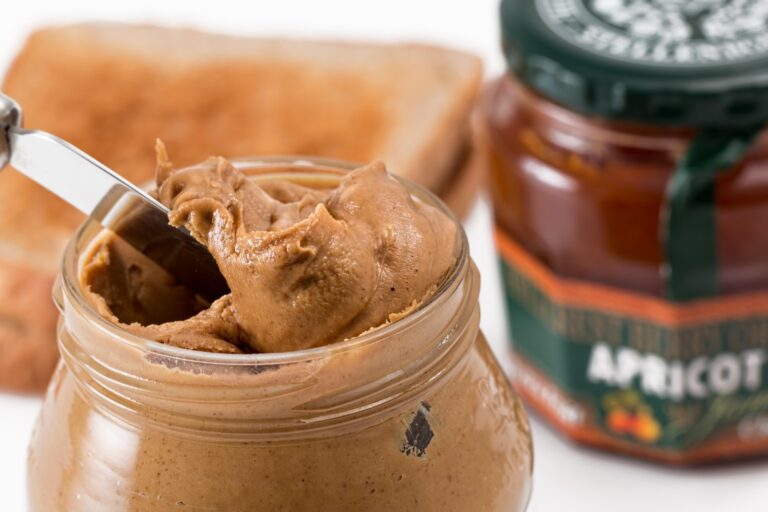
11. Peanut Butter
Peanut butter…why would you want to do this? It makes no sense! Okay, so peanut butter has a 50% fat content and fat doesn’t dry out – not without a fight anyway.
Trying to dehydrate it will just make the peanut butter go rancid as the fat(s) start to oxidize.
12. Raw Carrots
You can dehydrate these but it’s not going to come out well. Instead of a healthy snack, you’ll get veggie rocks which will give you a nasty case of indigestion…no, thanks I’ll pass.

13. Grapes
This is just going to be very unpleasant. Trying to dehydrate grapes will just result in hard skin and bitter-tasting seeds. This isn’t going to be a nice thing to snack on.
There are Probably Many, Many More!
Dehydration can be a complicated process, and if it’s not done correctly, you put yourself at serious risk of food poisoning – botulism, salmonella, and other nasty things can and will cause serious problems.
The list of foods that shouldn’t be dehydrated is very likely to grow as people continue to experiment and figure out what works and what doesn’t.
I hope you all enjoyed the article and found it informative. As always, thanks for reading and I’ll see you for the next one very soon! Until then, take care and stay safe!
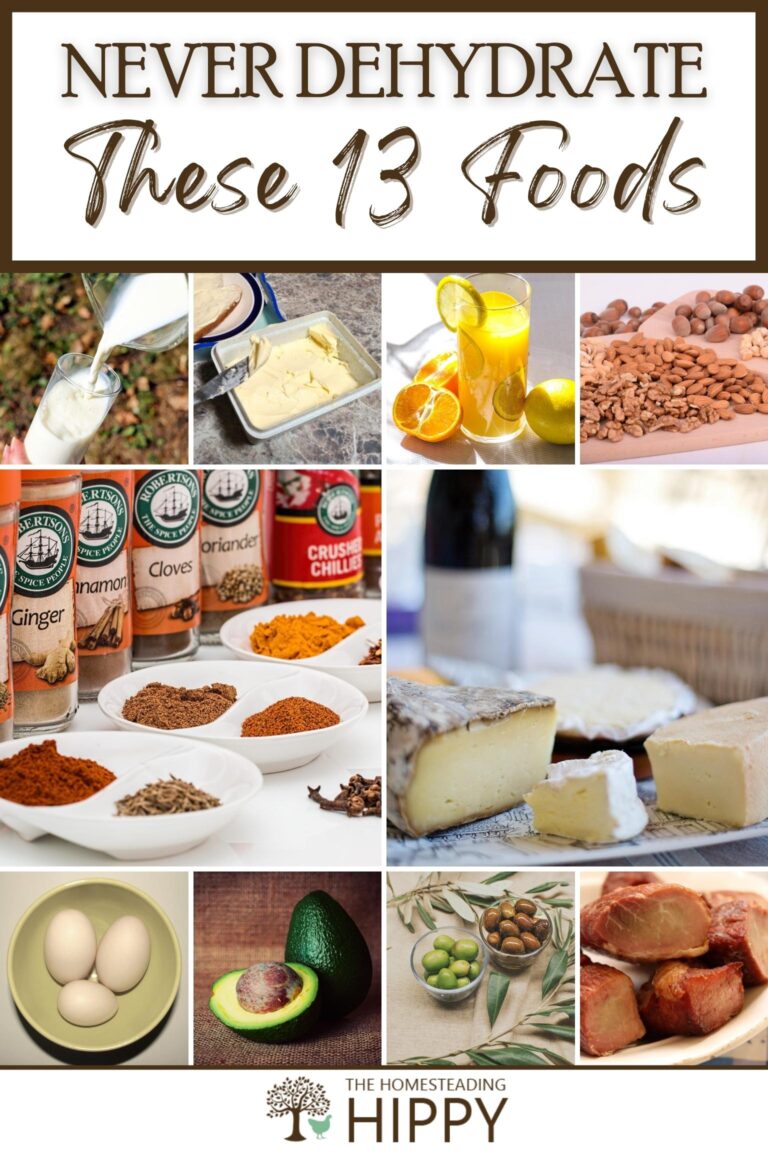

Greg spent most of his childhood in camping grounds and on hiking trails. While he lives in the suburbs nowadays, Greg was raised on a small farm with chickens. He’s a decent shot with a bow, and a huge knife enthusiast. Find out more about Greg.

Hey Greg,
“Never” sounds pretty ominous for when the reason not to amounts to “It’s probably not worth your time,” or that it’s easier to buy it from a store.
I’ll take exception to the ‘never’ on eggs. I’ve been doing that for years. I did a blog post on the process, in case you’re interested.
https://mic-roland.com/how-to-dehydrate-eggs-for-long-term-storage/
The process isn’t all that bad.
I’ve had success freezing avocado halves when they’ve been on sale. Halve, deseed, scoop out pulp, cover with lemon juice and seal-a-meal.
.